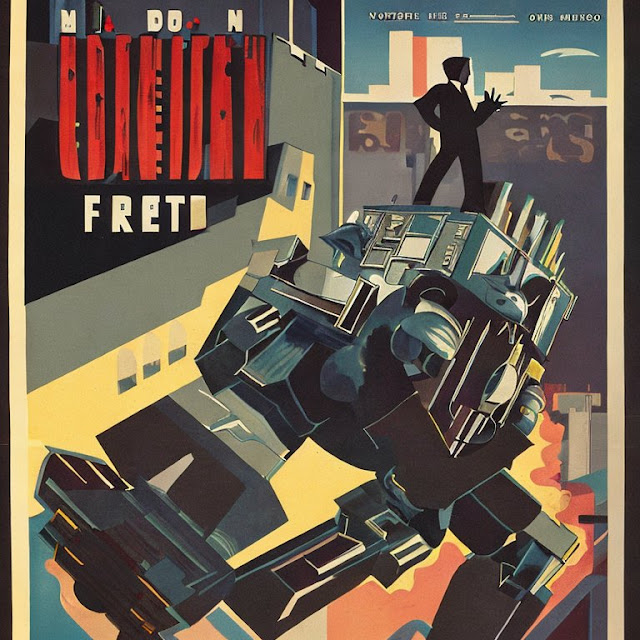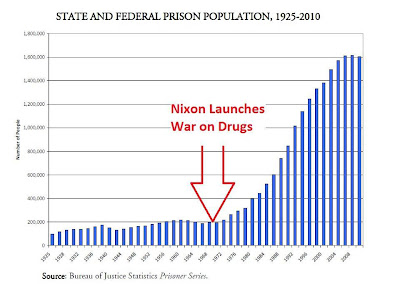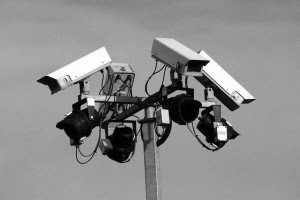Gen Z Discover Walking
‘Silent walking’ is a movement taking Gen Z by storm, but it’s copping criticism https://www.tiktok.com/@ariellelorre/video/7190821620087393582 In yet another groundbreaking show of innovation, Gen Z has created a new trend. This time, they’ve invented walking - without any technology. Imagine, going for a walk, without a podcast blasting dopamine in your ears. No camera to capture those Instagram moments. No Strava to announce your exercise and home address to the world. No speakerphone call to share with other pedestrians who you’ll ignore. Just you, the wind, and the birds. Ms Maio said the first two minutes of her walk were “mayhem”, until she hit a “flow state”, when “suddenly you can … hear yourself.” So stunning and brave was podcaster Maio that she was able to endure 2 whole minutes of anxiety before she was able to mellow into a state of “flow”. Whether she then realised the anxiety reducing effects of technology-absent walking is not ...












